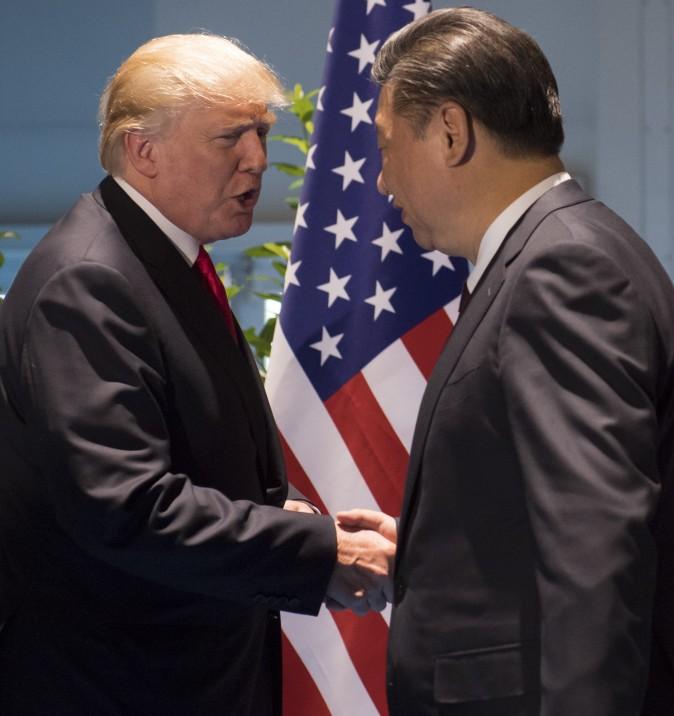Commentary
The United States and China both announced on Dec. 13 that the two countries had reached a “phase one” trade agreement.

The United States and China both announced on Dec. 13 that the two countries had reached a “phase one” trade agreement.